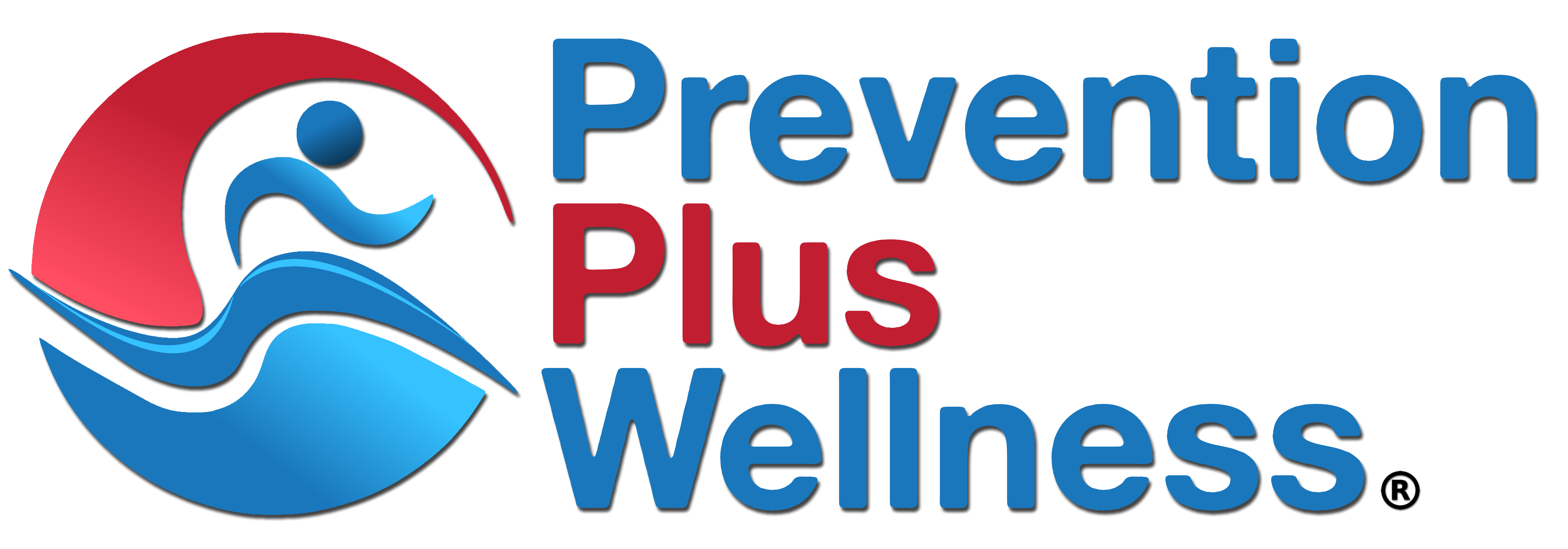A study published in the journal Sleep (2021) examined longitudinal associations of sleep problems with alcohol and cannabis use across six annual waves of data from adolescence to emerging adulthood among 3265 youth from California (ages 16–22 across waves).
Smaller declines in social jetlag (e.g., the time difference between the midpoint of sleep on workdays and on free days), increases in trouble sleeping, and later weekday and weekend bedtimes were associated with increases in likelihood of alcohol use over time.
Declines in weekend time in bed, as well as increases in weekday time in bed and later weekday and weekend bedtime were associated with increases in likelihood of cannabis use over time.
Problems with sleep health were associated with alcohol and cannabis use from late adolescence into emerging adulthood.
We agree with the study’s authors who concluded that improving sleep is an important target for intervention efforts to reduce the risk of substance use during this critical developmental transition.
In addition to encouraging adolescents to get at least 8-10 hours of sleep most nights as recommended by the American Academy of Sleep Medicine (https://www.cdc.gov/healthyschools/features/students-sleep.htm), sleep health indicators such as social jetlag, bedtimes, time in bed and trouble sleeping should be addressed in integrated programs aimed at preventing substance use among young people.
Read the research abstract: https://academic.oup.com/sleep/article-abstract/44/10/zsab102/6245112

